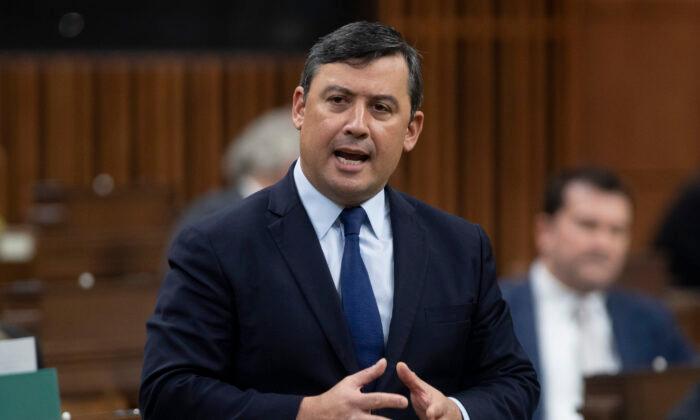Conservative foreign affairs critic Michael Chong is suggesting that Liberal Leader Mark Carney is breaking the “caretaker convention” by pausing his election campaign for the third time to address the intensifying global trade conflict initiated by U.S. tariffs, arguing that Carney is limiting a future government on that file.
The Caretaker Convention was established by Canada’s Privy Council to ensure separation between the ruling party and government operations during an election campaign. This aims to prevent an incumbent from unduly leveraging the benefits of their official position and to avoid limiting a newly elected government. Only necessary business can be transacted under the guidelines.





